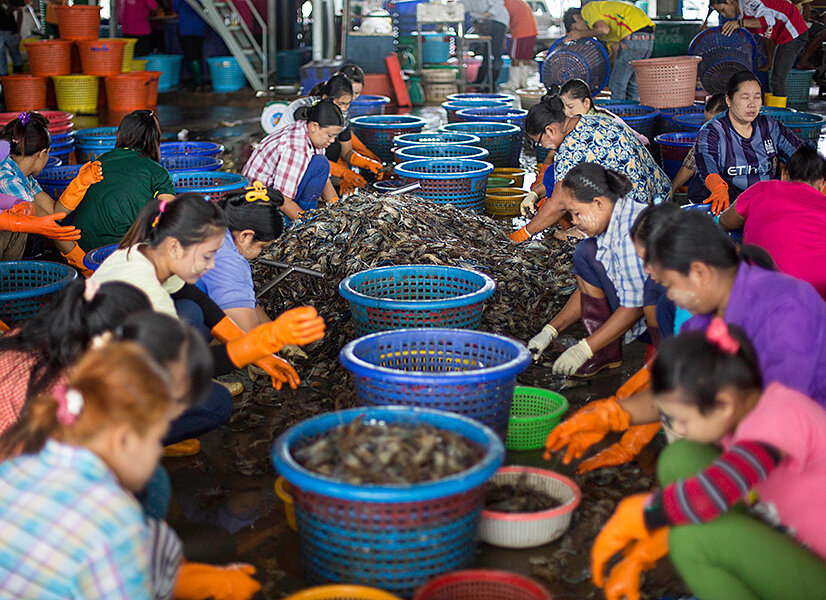One of the biggest challenges human trafficking victims face is what to do once they're back on their own.
In Thailand, the Issara Institute helps formerly enslaved migrant workers by directly giving them cash with no strings attached. The philosophy behind the program is simple: No one knows the needs of human trafficking victims better than the victims themselves. Yet they often lack the resources to address them. By giving them the ability to make their own decisions, the unconditional handouts provide a sense of autonomy that these individuals haven’t experienced in months, if not years.
Across the United States, a handful of nonprofit organizations are working to connect with isolated domestic servants to show them that help is available.
Damayan Migrant Workers Association, a grass-roots group in New York that assists Filipino trafficking victims, provides a model for how to transform a cycle of victimization. Former victims become advocates for others, demanding changes to legal and economic structures that facilitate the trafficking of domestic workers. They also formed a co-op, allowing the former victims to become their own bosses.
They have pressured embassies when diplomatic immunity was shielding traffickers from prosecution, and have helped some women win financial settlements. Damayan’s members played a key role in New York becoming the first of several states to pass a Domestic Workers Bill of Rights.
Read the series:






